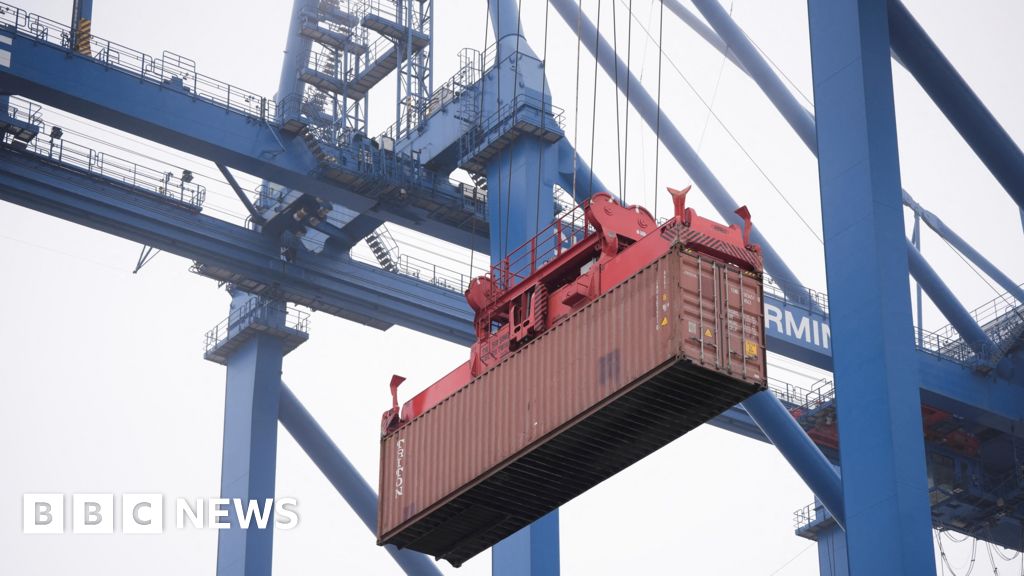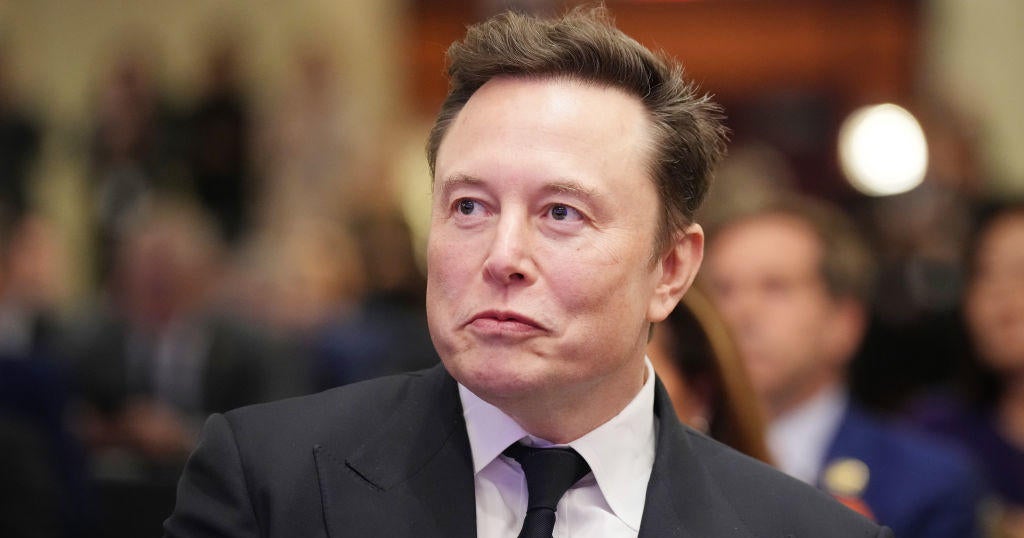Infra
Louisiana is included in the Biden administration’s latest round of EV battery funding

The Biden administration is awarding over $3 billion to U.S. companies to boost domestic production of advanced batteries and other materials used for electric vehicles, part of a continuing push to reduce China’s global dominance in battery production for EVs and other electronics, reports The Associated Press.
The grants will fund a total of 25 projects in 14 states, including battleground states such as Michigan and North Carolina, as well as Ohio, Texas, South Carolina and Louisiana.
The grants announced Friday mark the second round of EV battery funding under the bipartisan infrastructure law approved in 2021. An earlier round allocated $1.8 billion for 14 projects that are ongoing. The totals are down from amounts officials announced in October 2022 and reflect a number of projects that were withdrawn or rejected by U.S. officials during sometimes lengthy negotiations.
The money is part of a larger effort by President Joe Biden and Vice President Kamala Harris to boost production and sales of electric vehicles as a key element of their strategy to slow climate change and build up U.S. manufacturing. Companies receiving awards process lithium, graphite or other battery materials, or manufacture components used in EV batteries.
If finalized, awards announced Friday will support 25 projects with 8,000 construction jobs and over 4,000 permanent jobs, officials say. Companies will be required to match grants on a 50-50 basis, with a minimum $50 million investment, according to the Energy Department.
While federal funding may not be make-or-break for some projects, the infusion of cash from the infrastructure and climate laws has dramatically transformed the U.S. battery manufacturing sector in the past few years, says Matthew McDowell, associate professor of engineering at Georgia Institute of Technology.










